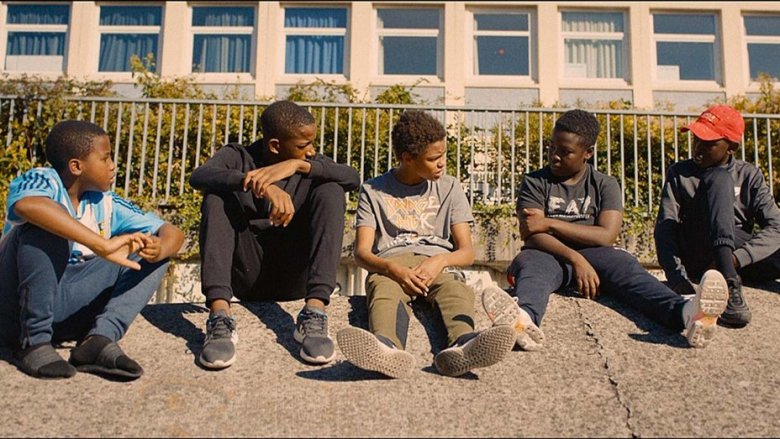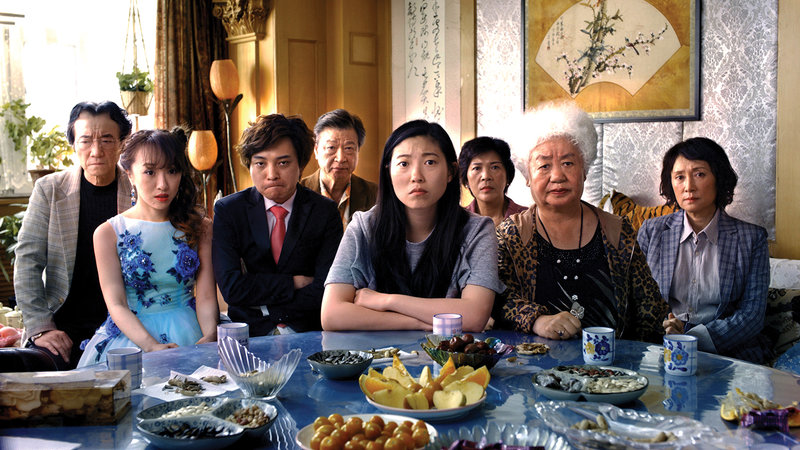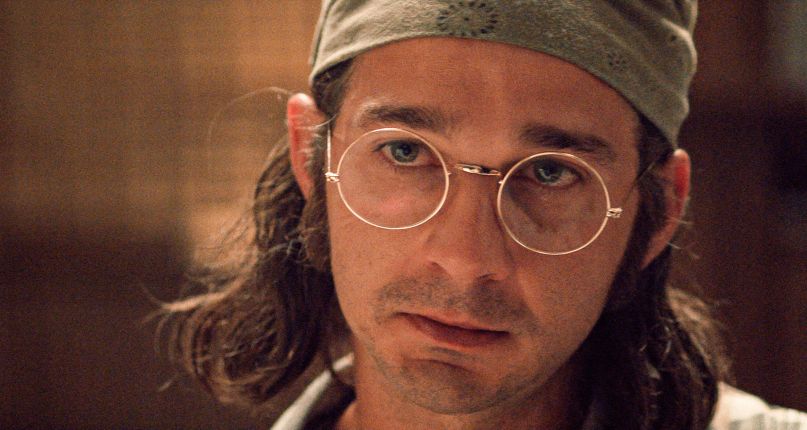5. Les Miserables

While there has been a lot of attention this year directed toward Portrait of a Lady on Fire, the other major French film this year Les Miserables is also deserving of attention from cinephiles. While it is not a direct adaptation of the classic Victor Hugo novel or the famous musical of the same name, Les Miserables explores many of the same themes of class divisions and corrupt law enforcement, and uses them to explore current issues of race relations and police brutality in modern France. Through the eyes of Stephane (Damien Bonnard), a new cop that is assigned to a corrupt task force, the audience gets a sense of the complex web of relationships between various groups across the course of one climactic day in Paris.
These groups and communities have generational conflicts with each other, and the film does a great job at making it feel like violence could erupt at any given moment. The chaotic nature of the mission that Stephane embarks on leads to an escalating tension throughout, as each confrontation leads to a further conflict with potential harm. Ending with a phenomenal set piece that questions the morality of every character and leaves the audience on an ambiguous note, Les Miserables is able to make its themes accessible through kinetic storytelling.
4. Midsommar

After the success of last year’s Hereditary, Ari Aster delivers another gripping horror film that uses cult mythology to explore the lasting impact of trauma. Florence Pugh gives one of the best performances of the year as Dani, a traumatized college girl who travels with her unsympathetic boyfriend Christian (Jack Reynor) to an enigmatic Pagan ritual ceremony in Sweden. Pugh has to make it seem like she’s repressing her anxiety in every given moment, and as Dani is placed in increasingly uncomfortable situations, Pugh makes her journey to break up with her boyfriend both emotionally devastating and darkly comic.
Aster has mastered the art of the inciting incident, and in his exploration of the Swedish rituals he has a unique approach to the pivotal moments of violence, including colorful visuals, psychedelic sequences, and a creepy score from Bobby Krlic. The relationship between Dani and Christian, as well as Christian’s entertaining group of friends, are compelling enough on their own that the runtime never drags, particularly at the beginning of their journey when the true horror has yet to be unveiled. The dashes of surrealist humor and the commentary on how traditions are rarely questioned certainly makes Midsommar one of the more unique films this year, and has solidified Aster’s status as of one of modern cinema’s masters of horror.
3. Waves

Using a unique structure to wrestle with themes of loss and trauma, Waves is one of the boldest films of the year, and the ambition pays off. Trey Edward Schults pits the viewers straight in the middle of a collapsing family with a semblance of normalcy, and treats the first half of the film like a thriller as the family edges closer to a breaking point. However, the film’s meditative second half, in which the characters are forced to heal and listen to one another, puts the entire story in perspective, and Shults is able to make the shift between wildly different tones a graceful one.
The film also has one of the best ensemble casts of the year, with Sterling K. Brown delivering a phenomenal performance as Ronald Williams, a loving father who nonetheless pushes his children to their limits, as he hopes they find a better life than he did. As his children, Kelvin Harrison Jr. and Taylor Russell deliver breakout performances, and both young actors feel like believable siblings with their onscreen interactions. Shults assembles an eclectic soundtrack that includes a terrific score from Trent Reznor and Atticus Ross, and the result is one of the most emotionally gripping and visually entrancing cinematic experiences of 2019.
2. The Farewell

A deeply personal story for writer/director Lulu Wang, The Farewell is an acute examination of the difference between Eastern and Western traditions, and explores how these different sensibilities affect the decisions a family makes. Awkwafina has been known for more comedic performances, but she proves to be a talented dramatic actress with her performance as Billi, a Chinese-American writer who returns to China to care for her grandmother Nai Nai (Zhao Shuzhen), who is unaware that she is dying. Zhao gives one of the absolute best performances of the year and captures a pure warmth with the role, which makes her impending fate all the more tragic.
Beyond the two great performances at its center, The Farewell has a terrific ensemble where each character feels like a believable family member, and the film dives deep into the question of whether the group or individual is more important. Billi’s uncle Haibin (Jiang Yongbo) has a beautiful monologue in which he explains the family’s viewpoint, and many of the chaotic family dinners explore the lengths they will go to hide this secret from Nai Nai. While it’s often melancholy and deals with a serious issue, The Farewell has a lot of heart and humor, and finds the beauty in this family’s interactions.
1. Honey Boy

Another introspective story that uses an untraditional structure, Honey Boy is a beautiful means of self-expression for Shia Labeouf, who wrote the film based on his real experiences as a child actor and the relationship he had with his father, who he plays in the film. Noah Jupe does an extraordinary job playing a younger version of Labeouf, and captures all the pressure and anxiety that a child star would go through, especially with a father that is determined to make him famous. This dysfunctional father-son relationship is given more depth as an older version of Labeouf, played by Lucas Hedges, reflects on his experiences and the traits he learned from his father.
The narrative directorial debut of Alma Har’el, Honey Boy is visually stunning and does a great job at exploring repressed emotions and unspoken feelings, and particularly finds an emotional ending to the central relationship that remains somewhat ambiguous. It’s an excellent look behind the curtain of film and television sets, and explores the lengths that it takes to succeed. This untraditional coming-of-age story is unabashedly personal and doesn’t feel the need to glamorize or simplify its real story, but the care and craft put into it from the entire cast and crew make it one of the most essential films to view this year.